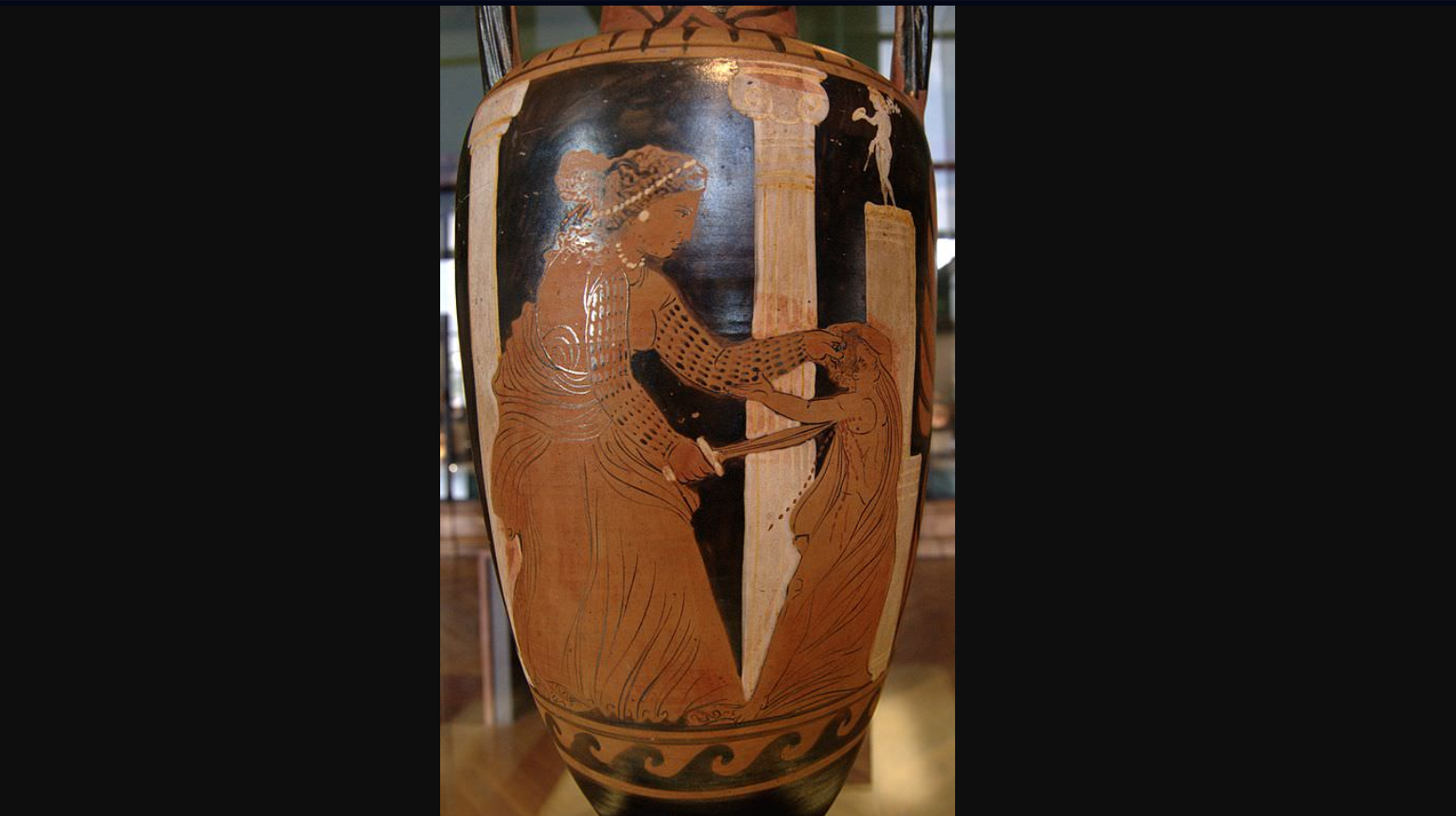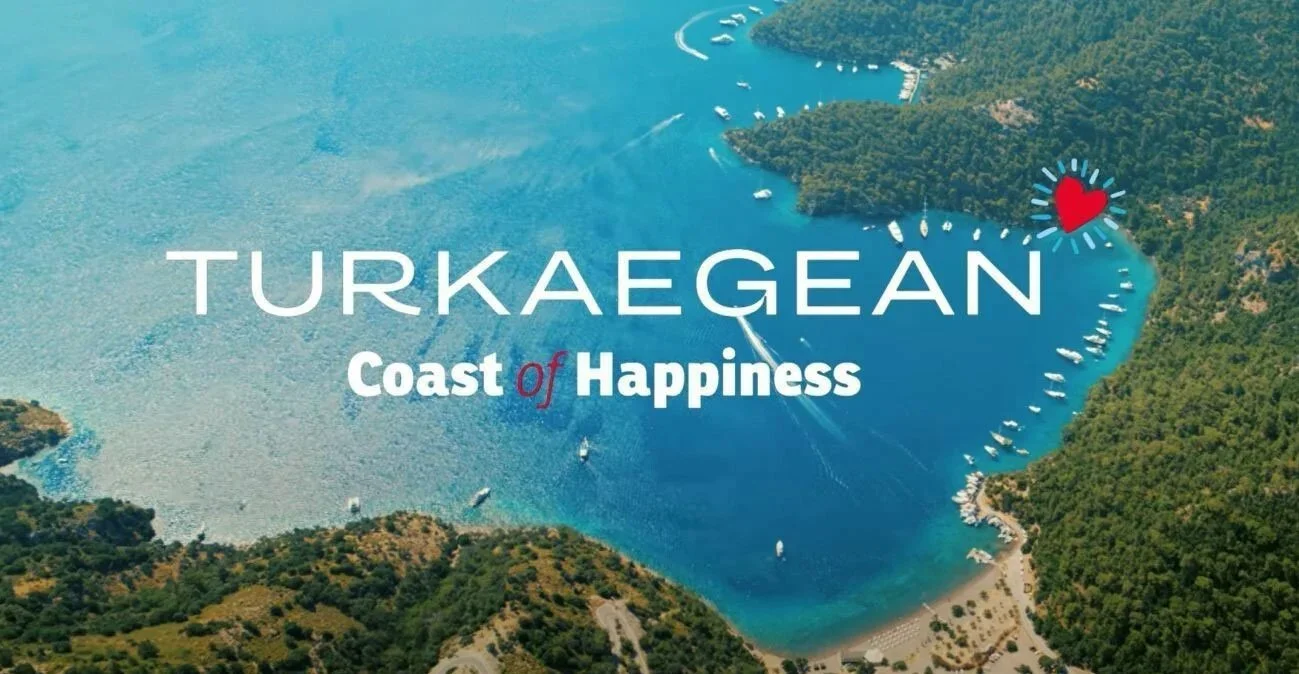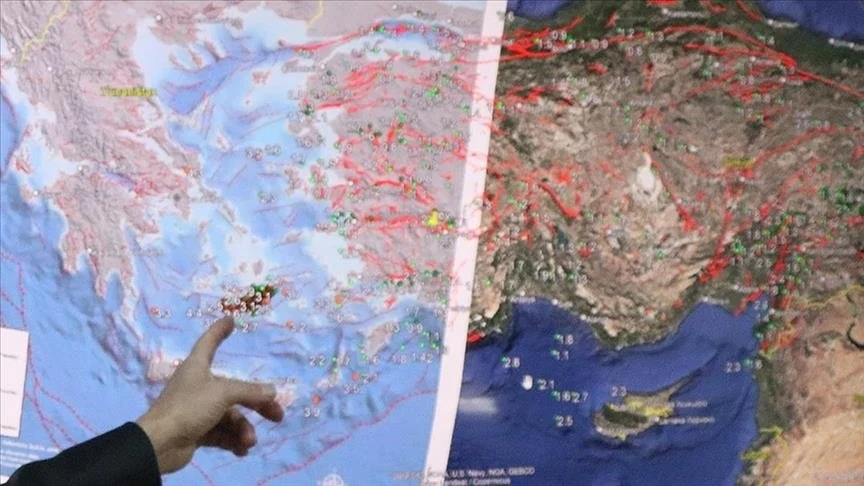A crime without punishment on Crete shows up the shortcomings of the justice system
On a hot summer’s day on August 17, 2017, university students Yiannis, aged 19, and Stella, 20, were out for a walk with their dog on a street outside the Technical University of Crete in Hania. They were happy – or at least that’s what their families want to believe of the young couple. Then a car came speeding along. The impact threw Yiannis 71 meters and Stella 107. The dog also perished in the crash. The car was traveling at 125 kilometers an hour on a road with a 40 km/h speed limit. The driver did not stop, but accelerated to 170 km/h until he crashed into a motorcycle parked on the side of the road.
Six years later, on September 12, the case came to a close at the Hania Court of Appeals, and the now 26-year-old defendant was sentenced to six years and nine months in prison by the bench, which found no extenuating circumstances. The sentence, however, was non-custodial and the perpetrator, who was released from pretrial detention from the start, has been ordered to pay a total of 25,515 euros to the state – in installments. That’s roughly €12,500 per youngster. “And the dog is free,” says Manolis Stavroulakis, a member of the board of SOS Road Crimes – an association founded by the relatives of road accident victims – with obvious bitterness. “You see, the law on animal abuse had not been ratified at the time…”
SOS Road Crimes has been watching the case from the start, lending support to the couple’s grief-stricken families. Hope may die last, but no one had any illusions; they knew that the sentence would be beneath the circumstances, as the defendant had been charged with a misdemeanor for two counts of negligent manslaughter. The prosecution tried in vain to elevate the charge to a felony by replacing negligence with possible intent.
“The final verdict sends two messages. The first is that you can do whatever you want on the country’s roads since everything will be regarded as negligence and the sentences are not even a slap on the wrist. The second tells parents not to take recourse to justice,” says Stavroulakis.
“Do you know how many times these families had to make the trip to Crete over the past six years? It’s not enough that your family has been shattered – you have to pick up the pieces and keep going. The court granted three postponements at the trial level and another three at the appeal. The decision essentially says, ‘Do not seek recourse’ – the process is psychologically draining, time-consuming and financially crippling. Most families do not turn to the courts precisely for this reason,” he says.
Stavroulakis stresses that the association is not looking to annihilate the perpetrators of such crimes, but wants verdicts “that will help it become understood that such delinquent behavior has consequences.”
Even though Article 290 of the Criminal Code on dangerous driving has been in effect since July 1, 2019, only one person has been charged according to its stricter provisions
“We don’t go to court to seek revenge for our children. What we want heard is that verdicts must help prevent such behavior,” he says. “Perpetrators can be indicted for felony crimes like obstructing public transportation or causing a fatal accident by speeding.” -Article 290
As the president of the association, Giorgos Kouvidis, tells Kathimerini, the prosecutor in the Crete case did not charge the perpetrator with these crimes, nor did the court agree to elevate the misdemeanors to felonies later. “It’s indicative of how we end up with non-custodial sentences and the smallest possible fine,” he says.
Kouvidis notes that even though Article 290 of the Criminal Code on dangerous driving has been in effect since July 1, 2019, only one person has been charged according to its stricter provisions.
“Even when the original indictment is based on this article, the charges are dropped to negligence at the trial or appeal level,” he says, stressing what the association has been trying to get through to the authorities for years: that without justice, there will never be peace on Greece’s streets. Yes, peace, because the situation as it is right now can only be described as a war.
The data
The most recent data from the Hellenic Statistical Authority shows that there were 11,200 traffic accidents in Greece between January and December 2022, which was a 7.1% rise from the previous year.
The number of fatalities last year came to 635, from 624 the year before that, while 636 people sustained serious injuries, which may include permanent disabilities.
In the wake of the deadly 2017 accident, a proper sidewalk and traffic lights have been installed on the street outside the Technical University of Crete, but not the roundabout that has been called for so that motorists are forced to reduce their speed.









